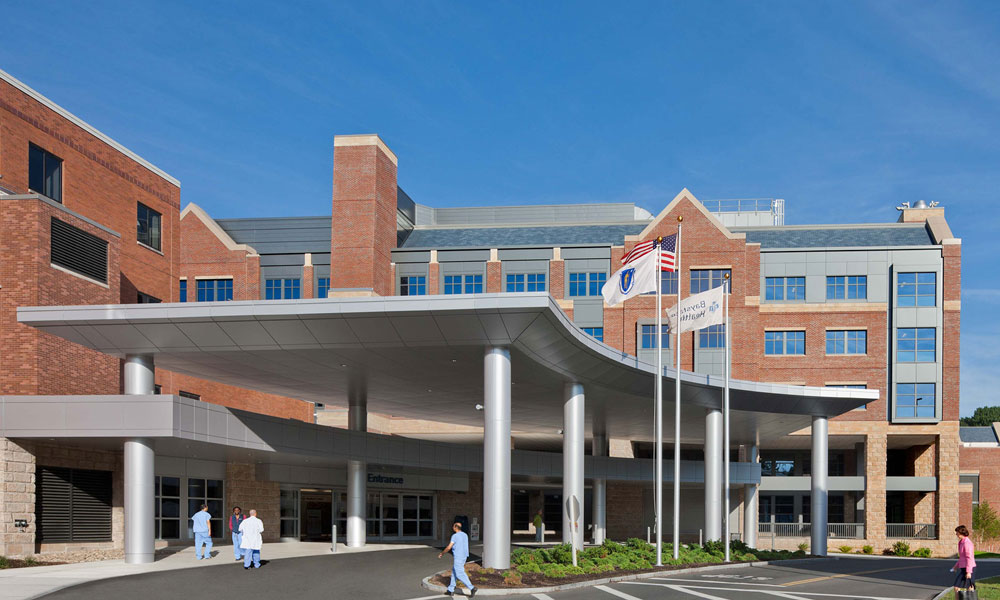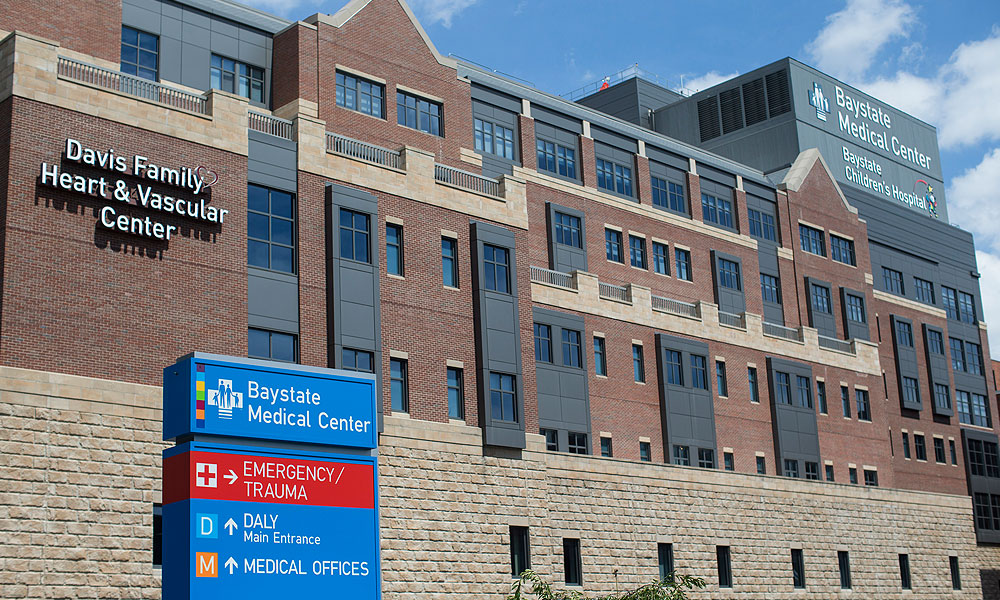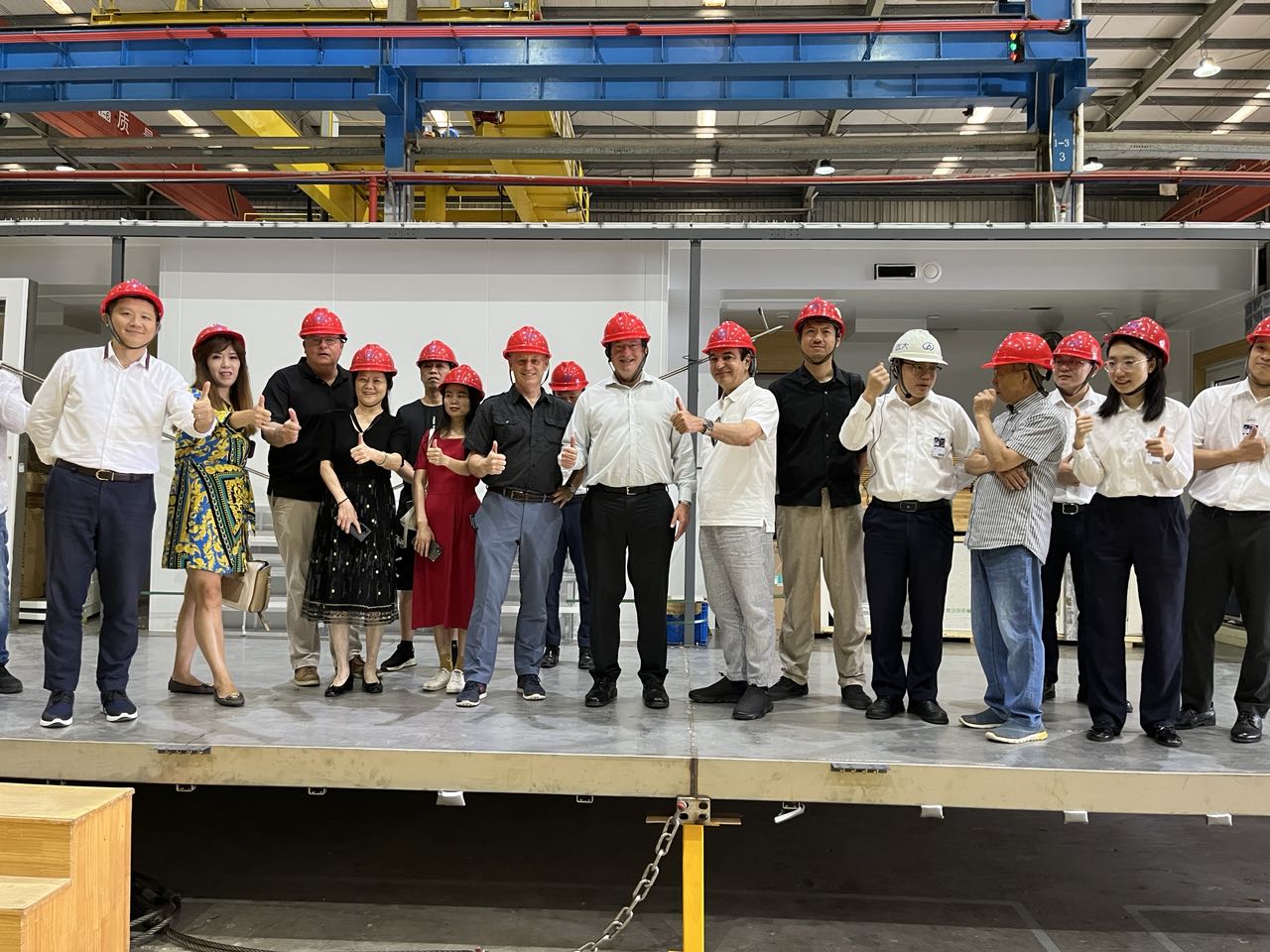Baystate Medical Center (BMC)
is a 716-bed independent academic medical center and a training site for the University of Massachusetts Medical School. BMC is also the community’s major referral hospital, providing the highest level of care for conditions such as cancer, acute and chronic cardiovascular illness, nervous system illness, digestive illness, and other diseases that affect the major organs. BMC has over 1,100 medical staff physicians, 10 residency training programs and 99 clinical trials underway.
In 2016, Baystate Health initiated a $27 million CHP plant that provides non-grid energy sources to critical facilities in the event of power loss during a disaster. The CHP plant is part of Housing & Urban Development (HUD) National Disaster Resilience Competition, a program that awarded the City of Springfield over $17 million to facilitate disaster resiliency.
This Trend is Set to Continue
The cogeneration power plant is located at the largest level I trauma center in western Massachusetts, Baystate Medical Center, replacing its 80-year-old facility. The plant includes a 4.6-megawatt Solar gas turbine to produce 80% of its own power, bringing much needed relief to the overall energy grid. Steam, the byproduct of the combustion associated with the spinning natural gas engine, is used to heat the hospital and to drive a BROAD double stage steam absorption chiller in summer for cooling. This CHP system allows Baystate to continue to serve as a backbone for the entire region during an emergency. Baystate can maintain power during an outage of 30 days or more with the CHP plant.
The first rule of any technology used in a business is that automation applied to an efficient operation will magnify the efficiency. The second is that automation applied to an inefficient operation will magnify the inefficiency.
In addition, the CHP system increases Baystate’s energy efficiency by roughly 25%, saving about $2.7 million in energy costs annually and reducing greenhouse gases by the equivalent of 4,000 vehicles per year.





